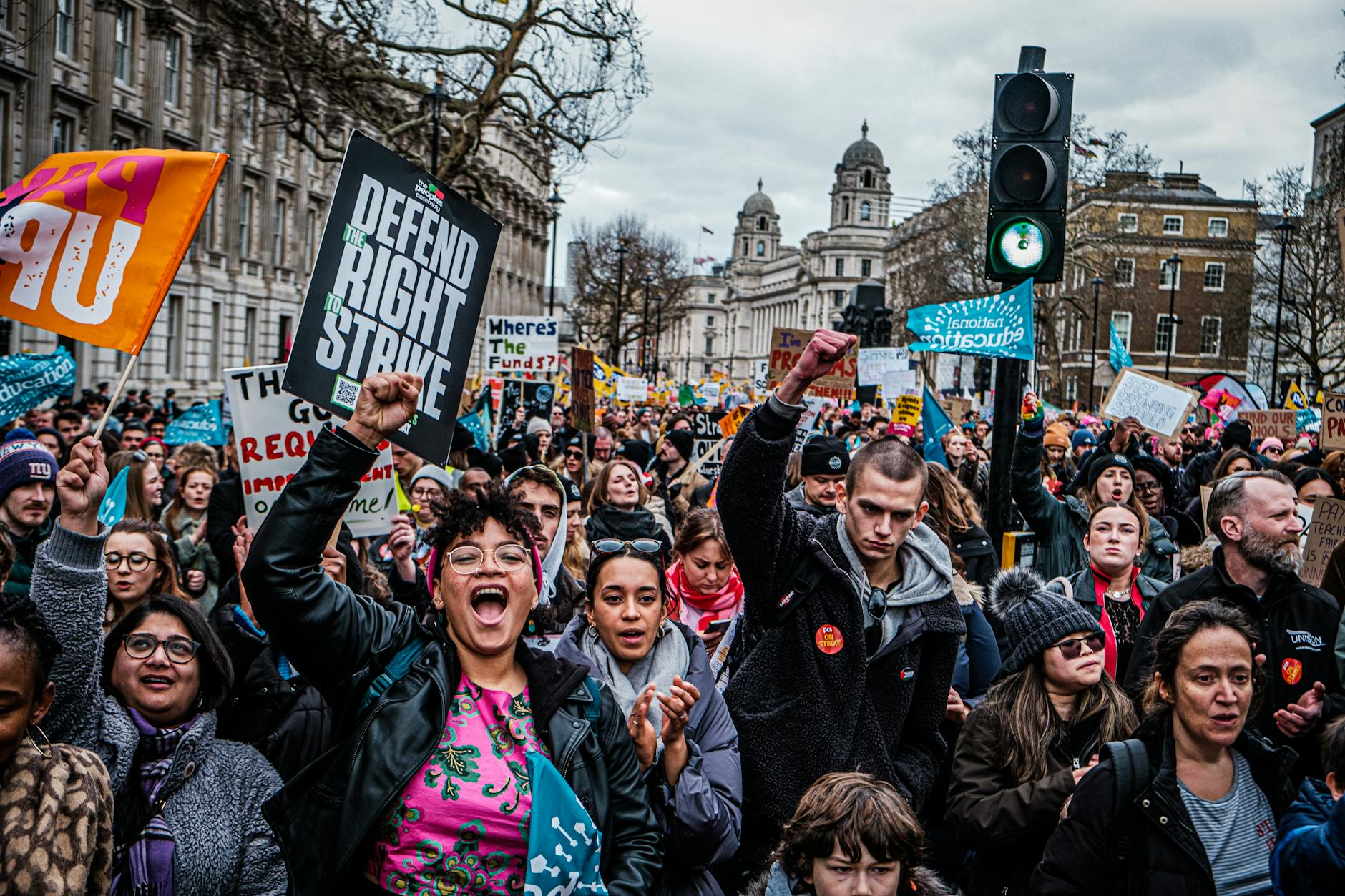Indictment for False Testimony Sparks Debate on Legal System Integrity and Rights Advocacy
A recent indictment against a prominent civil rights attorney for alleged false testimony has sent ripples through the legal community, raising critical questions about the integrity of the judicial process and the potential for legal professionals to face undue pressure when handling sensitive cases. The charges, stemming from an investigation into alleged judge-shopping, have drawn sharp criticism from advocacy groups who view the proceedings as a potential chilling effect on civil rights litigation.
The Case Against the Attorney: Allegations of False Testimony
The attorney, who has not been publicly named in all reports but has been identified as having represented clients in cases involving the rights of transgender individuals, faces charges of providing false testimony. According to the indictment, these allegations are linked to a broader investigation into whether attorneys attempted to strategically select judges who might be more favorable to their clients’ arguments. Such practices, if proven, could undermine the fairness and impartiality of the court system. The specifics of the alleged false testimony remain under seal as part of the ongoing legal proceedings. However, the indictment itself represents a significant escalation in the legal scrutiny of the attorney’s actions.
Broader Context: The Intersection of Civil Rights and Judicial Scrutiny
This development occurs against a backdrop of increasing legal and political challenges to the rights of transgender individuals and other marginalized groups. Jennifer Pizer, Lambda Legal’s former chief legal officer and current director of strategic initiatives, who has been monitoring the case, commented to Law.com that the proceedings have been “anything but normal.” Pizer expressed concern, stating, “Given the national climate of the legal and political targeting of transgender people for the removal of basic rights, this is beyond concerning.” Her statement highlights the apprehension that legal professionals engaged in defending these rights may become targets of increased scrutiny and potential legal action.
The investigation into judge-shopping, while a legitimate concern for judicial fairness, can also be perceived as a tool that could be wielded to disrupt or discourage specific types of litigation. Advocates argue that a vigorous defense of civil rights often requires exploring all legal avenues, and the threat of indictment for alleged procedural improprieties could deter attorneys from taking on challenging but necessary cases.
Perspectives on the Indictment: Legal Defense vs. Judicial Integrity
Legal experts emphasize that the indictment is an accusation, and the attorney is presumed innocent until proven guilty. The legal defense will likely focus on disproving the allegations of false testimony and demonstrating that the attorney’s actions were within the bounds of ethical legal practice. The defense may also argue that the charges are retaliatory or politically motivated, particularly given the sensitive nature of the cases the attorney has handled.
Conversely, those concerned with judicial integrity will point to the indictment as a necessary step to ensure that the legal system operates fairly for all parties. The alleged judge-shopping, if proven, could suggest an attempt to manipulate the judicial process for a favorable outcome, regardless of the merits of the case. This perspective prioritizes the integrity of the court and the perception of impartiality.
Potential Tradeoffs: Access to Justice and Procedural Fairness
The situation presents a complex tradeoff. On one hand, robust advocacy for civil rights is crucial for protecting vulnerable populations and ensuring equal justice under the law. Attorneys who champion these causes often operate in challenging environments where they may face public and political pressure. On the other hand, maintaining the integrity of the judicial process requires adherence to rules and procedures that prevent forum shopping and ensure that cases are heard by impartial judges.
The key challenge is to distinguish between legitimate strategic legal maneuvering and illicit attempts to game the system. Critics of the indictment worry that a broad interpretation of judge-shopping could inadvertently stifle legitimate advocacy, while proponents argue that holding individuals accountable for false testimony is essential for maintaining public trust in the courts.
Implications for Civil Rights Litigation and Future Cases
The outcome of this case could have significant implications for civil rights attorneys and the broader landscape of advocacy. If the attorney is convicted, it could embolden those seeking to prosecute legal professionals involved in controversial cases. Conversely, an acquittal or dismissal of charges could be seen as a victory for civil rights advocates and a statement against what they perceive as overreach.
Legal professionals involved in high-stakes litigation, particularly in areas where rights are contested, will likely be on high alert. The case serves as a reminder of the potential risks involved in such work and may lead to a more cautious approach to legal strategy.
Practical Advice for Legal Professionals and Advocates
For legal professionals engaged in civil rights advocacy, this case underscores the importance of meticulous record-keeping, strict adherence to ethical guidelines, and a clear understanding of procedural rules. Transparency and defensible legal strategies are paramount. Advocates should be prepared for increased scrutiny and ensure that their actions are beyond reproach.
Key Takeaways
- A civil rights attorney has been indicted for alleged false testimony related to an investigation into judge-shopping.
- The case has raised concerns about the potential for legal and political targeting of attorneys advocating for marginalized groups.
- The indictment highlights the tension between ensuring judicial integrity and protecting the right to effective legal representation.
- The outcome could have significant implications for the future of civil rights litigation.
What to Watch Next
The legal proceedings against the attorney will be closely watched by civil rights organizations, legal scholars, and the broader public. The initial stages will likely involve legal challenges to the indictment itself and the prosecution’s evidence. The defense’s strategy and the court’s rulings on procedural matters will provide further insight into the potential direction of the case.


